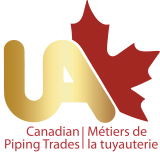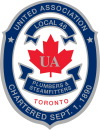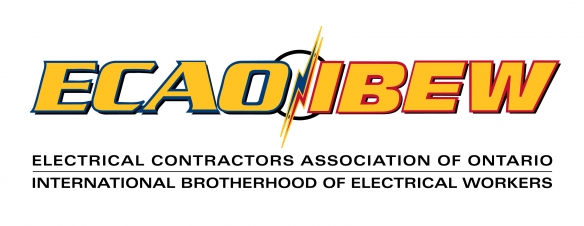Trades Profile: Mold Making & CNC Machining

Mold Makers design, make and repair molds and models used in industry to mass-produce plastic or metal components and products. Mold makers often use computer and industrial technology to produce large numbers of identical items. Duties include:
- Setting up and operating engine lathes and milling, as well as grinding, drilling, sawing and boring machines to close tolerances
- Reading and interpreting blueprints and other product-related diagrams, charts, or tables
- Selecting mechanical measuring and performing related layout operations
- Selecting work piece materials, cutting tools, and abrasives for metal removal
Where do Mold Makers work?
- Aircraft manufacturing industry
- Electrical machinery manufacturers
- Plastics manufacturing
- Automobile manufacturing companies
- Metal fabrication manufacturing businesses
- Tool and die, mold making and machine shops
- Brass foundries (including bronze and aluminum)
Tyler Magri, an OTSC medalist and WorldSkills 2015 competitor currently training in the Precision Skills program at Georgian College to be a CNC machine operator explains, “CNC stands for Computer numerated control. We use CAD software programs and are given a drawing and we use that drawing to draw up the models and geometry and then with that geometry we write tool paths. The machine reads it and does what we tell it to do. If we want it to move from here to here, or drill a hole or make threads, it will do it.”
What kind of education, training and experience do you need to be a Mold Maker?
- A high school diploma with senior classes in science, chemistry, physics, math, as well as some computer technology and industrial crafts courses
- Get an apprenticeship: 8,000 hours or approximately four years of training (a combination of on-the-job and in-school courses)
- In order to be awarded a journeyperson certificate, you must also successfully complete the required examinations and hours of employment
- Trade certification for mold makers is available, but voluntary, in Quebec and Ontario
- Progression to mold designer or CNC programmer is possible with additional training and experience

“A lot of doors that the skilled trades have opened for me – especially Skills Ontario and Skills Canada – is that there are other companies that have heard about me, other companies that want to talk to me. I don’t really need to go off and look for a job. Having Skills Ontario and Skills Canada on your resume really gives you that added edge.”
Tyler encourages students to consider a skilled trade as a first-choice career choice. “What people should know about the trades is that you can make really good money and have a great career out of it,” he says. Once you understand CNC machining, it allows you to understand so many other trades and it really opens a ton of doors for you.”
Average hourly earnings: $23.50 *Represents the hourly average wage in Canada – your actual wage will depend on your experience, qualifications, company and location
For more information check out:
Canadian Association of Mold Makers
St. Clair College
2000 Talbot Rd. W. Box #16
Windsor, ON N9A 6S4
519-255-7863
Canadian Die Casters Association
3-247 Barr St.
Renfrew, ON K7V 1J6
1-866-809-7032
www.diecasters.ca
Source: Skills Work!® Booklet, published by Skills Ontario, 2013.
















